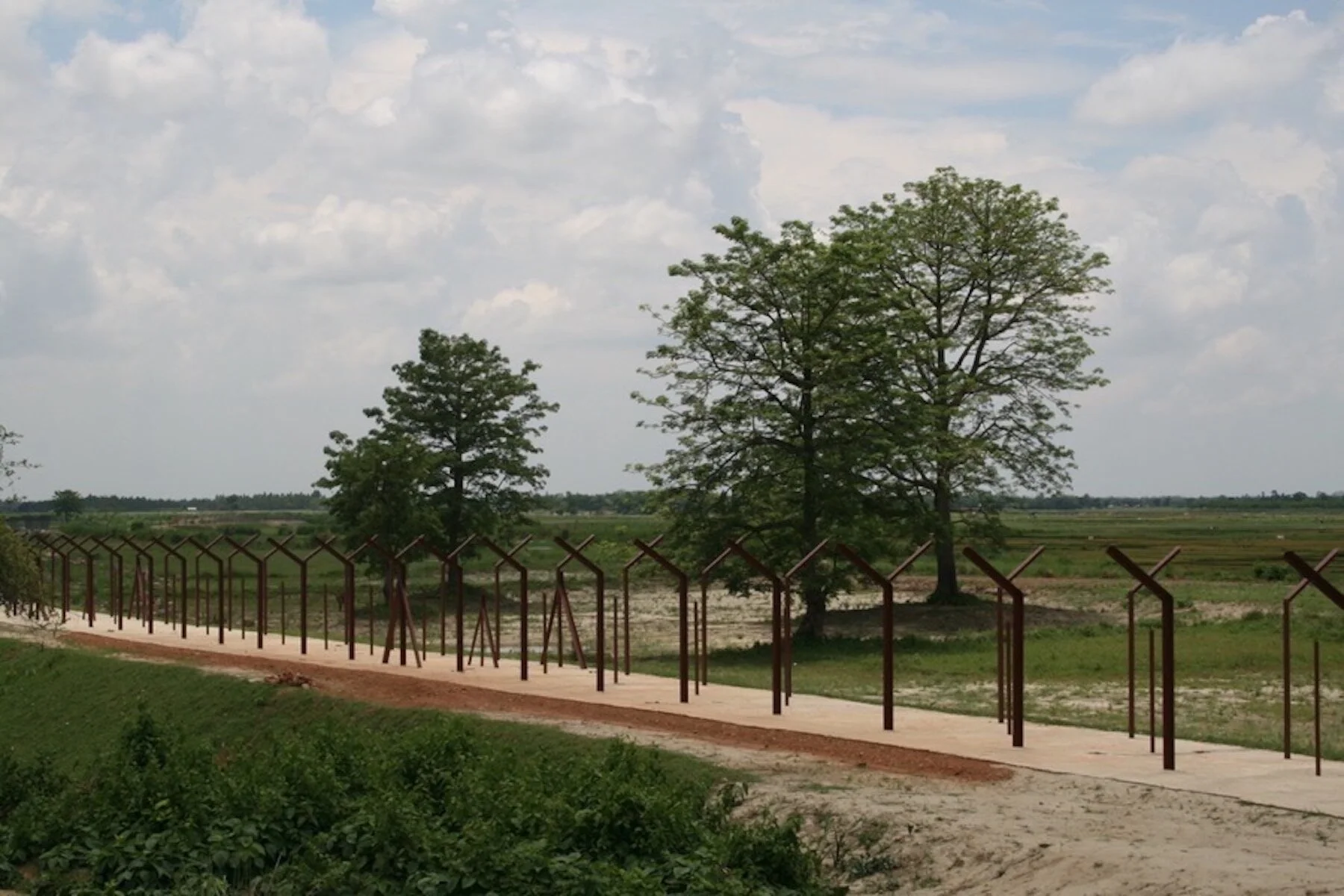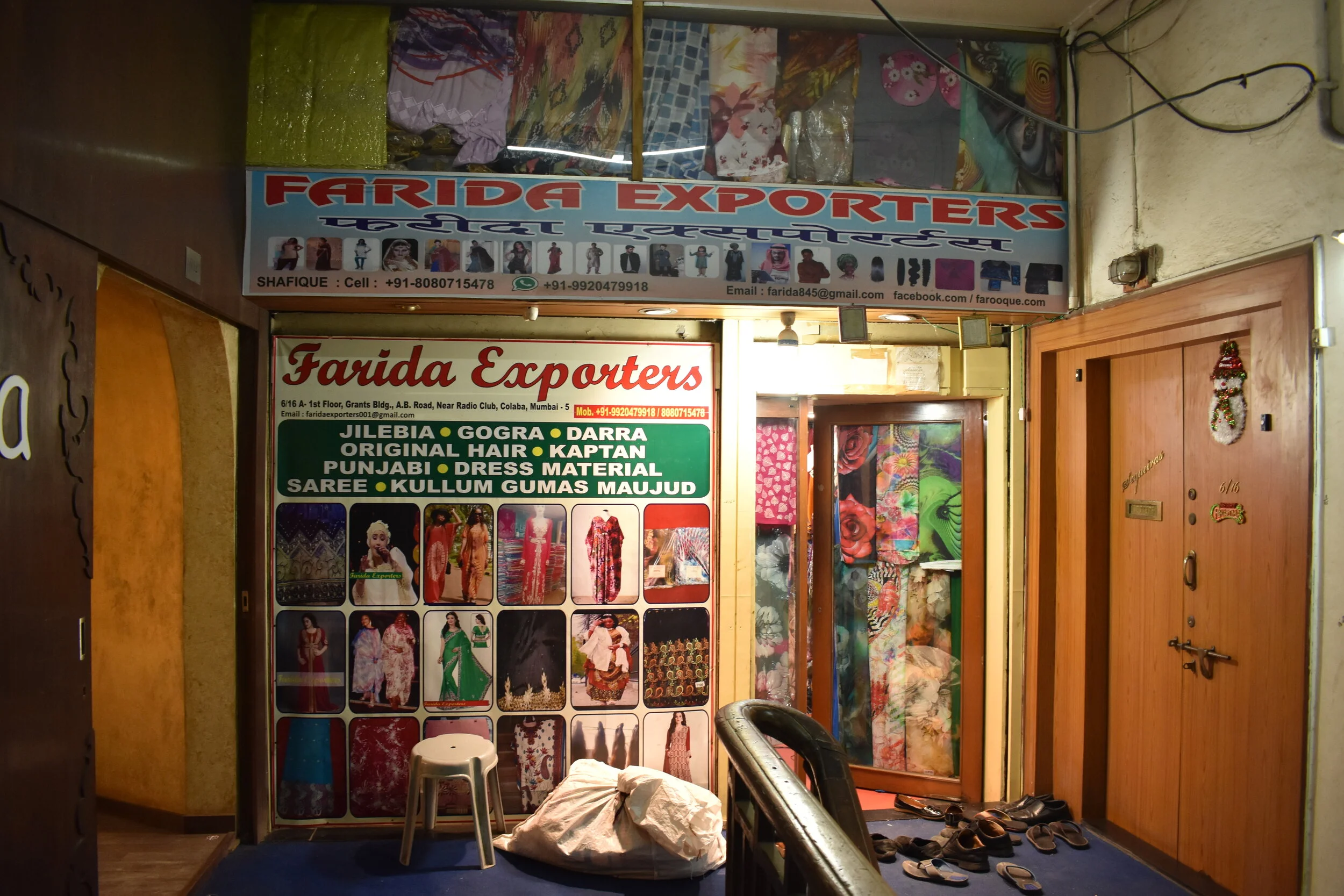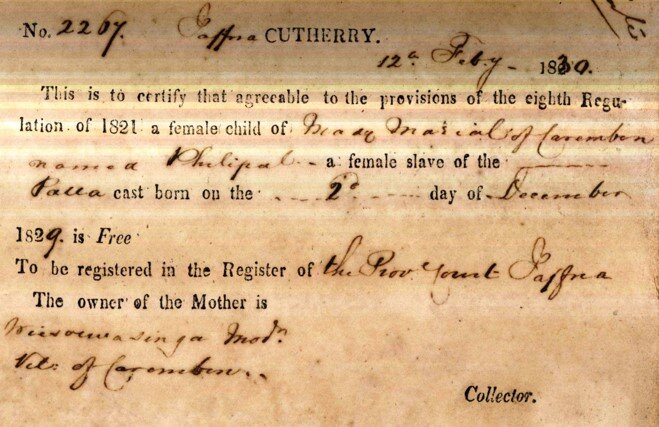Challenging conventional narratives of Afghanistan as a perennial war zone, and the rule of law as a secular-liberal monopoly,this book presents an account of the first Muslim-majority country to gain independence, codify its own laws, and ratify a constitution after the fall of the Ottoman Empire. If Afghanistan seems an unexpected candidate for this distinction, it is because historical approaches to Afghan law and governance before the Soviet invasion of 1979 remain few and far between. Based on archival research in six countries…
Read More“A group of young girls, hypnotized by brilliant hair ribbons and bells in a stall, ignored the stray dogs that sniffed their feet and licked their hands. It was the clothes stalls that attracted the largest numbers of buyers. ‘There are no clothing stores in the Rajabari area,’ one resident said as she picked out woolen cardigans for her household. Not every item came with fixed price. Produce from the Naga villages were weighed, checked, and given an exchange value. As goods were translated into monetary values, tensions ran high.”
Read MoreFor Arabic-language theory to truly become a resource in Western scholarship rather than an object for analysis, however, we need more than a new hermeneutic. We need this theory to be made available in Western languages. And we need it in volumes, not merely anthologies with a few pages-long excerpts of a thinker’s work whose oeuvre is, like Amel’s, thousands of pages long.
Read More"For years I kept thinking: who has the kind of socio-intellectual clout, or position to feel comfortable about theory? This is what we wanted to do with High Theory: to try and break the exclusionary, gatekeeping nature of “doing theory.” “
Read More"The securitized discourse and policy around borders focuses on assigning people to definite bounded territories, with outsiders as security threats. The notable exceptions are the wealthy and powerful, and some functional personnel of global capitalism, whose privilege sometimes bypasses these limitations. This is supposedly demonstrated through various documents of identity, territorial presence, voting rights, work rights, public resource rights, and so forth. The ideal—for it is often bent, compromised, or defied—is that each person has a known, documented identity that gives rights to a specific geographic space.”
Read More“What we know today as South African photography emerged in 1948”, said the late Okwui Enwezor, a Nigerian and world-renowned curator and art critic. He was referring to the emergence of Drum magazine, a magazine that gave urbanized black South Africans a platform to challenge the hegemonic representation of Africans in the print media. This essay is a critical examination of Enwezor’s claim that 1948 was the start of a unique South African (social) photography.
Read More“Jabbar’s narrative underscores many dilemmas that a disappearance produces, where documents act as propellers, not of justice as much as an undying hope. I fear that meddling with the narrative would constrain the paths Jabbar traverses, which are important for readers to assimilate on their own. The narrative as reproduced verbatim here is a haunting that allows for entering the depths of mourning, melancholia, agency, memory making, and resistance.”
Read MoreThe idea that race and caste are parallel, if not equivalent, forms of oppression and marginalization is increasingly being used by many to explain the crisis of liberal democracy in India and the United States. Adhitya Dhanapal caught up with Nico Slate, Professor of History at Carnegie Mellon University, via email to discuss the long and complex history of drawing parallels between democratic movements in India and the United States.
Read MoreHow do media producers in Egypt manage these unknowns and politics in the complex production and distribution process? Chihab El Khachab considers this question with focus on film production in his new and exciting Making Film in Egypt: How Labor, Technology, and Mediation Shape the Industry. The book is based on eighteen months of fieldwork that he conducted between 2013 and 2015 in Cairo, Egypt.
Read MoreWhy should we ask history to do theory? What does it mean to insist that a social theory aspiring to a form of global knowledge must emerge from the spaces of the global south? These questions framed a wide-ranging conversation Meghna Chaudhuri and I held in November 2020 with Durba Mitra and Andrew Liu to mark the publication of their new books–Mitra’s Indian Sex Life: Sexuality and the Colonial Origins of Modern Social Thought and Liu’s Tea War: A History of Capitalism in China and India. Our aim in bringing Durba and Andrew together was to understand their respective orientations to social theory and historical method—and to see, in practice, the work of emergent theory-making within archivally-grounded historical research.
Read MoreGiven how many histories and critical perspectives on the past Gandhi’s name conjures, his iconic presence prompts a parallactic reading of history and politics in India and South Africa. Parallactic readings uncover histories behind the easily predictable image crowding dominant lines of vision. Parallax and parallactic readings come together in recent scholarship and art, including Pakistani-American artist Shahzia Sikander’s Parallax, an installation composed of hundreds of digitally animated images which focuses on the geostrategic position of the Strait of Hormuz as well as aims to orient viewers to perspectives on modern colonialism and post-colonial politics of the present.
Read MoreThese historic practices of optimistic anticolonial solidarity may appear alien to a contemporary world not imagined or accounted for by the revolutionaries of the 1960s and 1970s, a world characterised by political languages and frameworks that have undoubtedly changed. But the traces of an earlier worldmaking remain in the institutional memories and intergenerational revivals of revolutionary forms and horizons. Researching this history, retrieving its traditions, and tracing its afterlives – of collaboration, friendship, and mutual exchange – offers lessons for the meaning of worldmaking today, as a collective practice of transformative solidarity, grounded in a shared belief in the possibility of alternative futures.
Read More“In the 1980s, the focus of women’s history was on nationalism (women’s role and/or participation in anti-colonial struggles) and women’s writing (to recover their agency and subjectivity). I have always found it somewhat paradoxical and ironical that Subaltern Studies, which gave us such a trenchant critique of elitism in nationalist histories, ended up justifying, even shoring up elitism in other ways. By designating women as subalterns and the recovery of their voice as the primary agenda, we limited the scope of women’s history to middle-class and upper-caste women. The bhadramahila became the focus of women’s history. We told and re-told stories of social reform. I was not convinced by this argument”.
Read More“Although our rituals of worship and traditions of religiosity are now performed worldwide on dance stages, we have largely remained excluded from this reconstruction of ‘respectable’ dance.” Such were the viewpoints of the last living Mahari Sashimani Devi, prior to the extinction of this matrilineal community in 2015. Reliant on the experiential perspectives of stigmatized subjects from the marginalia, this article critically analyses the effects of Devadasi abolition laws on the legal status and socio-political positioning of Mahari-Devadasis, who were temple-dancers in the Jagannath Temple of Orissa, and the historical creators of the classical Indian dance-form Odissi.
Read MoreI created this specific artwork, among others dedicated to prisoners, when I was following a major hunger strike by Palestinian political prisoners in August 2016. As an artist I felt a moral duty to get involved and to support their families. I went regularly to meetings and demonstrations both in historic Palestine and in the solidarity tents set up in Bethlehem's Manger Square and Dheisheh refugee camp, near where I was living at the time. I created and shared online and via social media this art piece in solidarity. After forty days on hunger strike, the prisoners had just escalated the strike by refusing to drink water. I inserted barbed wire in a water glass to show…
Read MoreIn popular memory, Sri Lanka has no history of slavery. Nira Wickramasinghe's latest book, Slave in a Palanquin, challenges this using Dutch and British archival records to point to the lives of thousands of enslaved persons including men and women from across the Indonesian archipelago, local Sinhalese, Muslims, and Tamils. In the following conversation, conducted over email, Nira Wickramasinghe speaks to historians Kalyani Ramnath and Tamara Fernando.
Read MoreLiberalism could no longer claim that it was ravaging and destroying worlds based on any good. So what happens? And that's what we start looking at — late liberalism. Liberalism says, in terms of its cultural logics, does this amazing thing. What a great trick! And it's what I and my colleagues at Belyuen were in the middle of in 1984.
Read MoreI stared at the documents long enough to realize that some of them had as many as five different hands on them, crammed onto a tiny tax receipt for instance, or the top segment of an archival copy of a decree—it’s quite amazing. There are hundreds or thousands of these documents now, and there were probably hundreds of thousands of them back then, and they have multiple personnel and predictable structures and layouts, but those structures and layouts differ by genre and function. All this suggests that there’s a complex system of trained people—that they’re not running a state by the seat of their pants. They’re doing it in a deliberate and elaborated way, and with detailed technical skill.
Read MoreBorderlines seeks thoughtful and innovative contributions that help us rethink the historical construction and transformation of racial difference in Sudan, its entanglement with other axes of social, economic, and cultural politics and its contemporary manifestations and implications. We are particularly interested in studies that take on a transregional focus connecting Ottoman, Arab-Afro and trans-Saharan African borderlands, and that engage with recent debates situated at the intersection of African and Middle Eastern Studies. Works on contemporary as well as historical phenomena and developments tied to questions of slavery, revolution, and artistic production are particularly welcomed. We are also interested in publishing translations of literary texts that engage with cinema and art as well as studies of primary-sources that interrogate the vicissitudes and production of racial difference in the borderland region of Bilad al-Sudan and beyond.
Read MoreHow did anticolonial worldmaking offer “strategies to mitigate, circumvent, and undo the hierarchies that facilitated domination”, and how did these strategies work in the intellectual, artistic and spiritual realm?
Read More


















